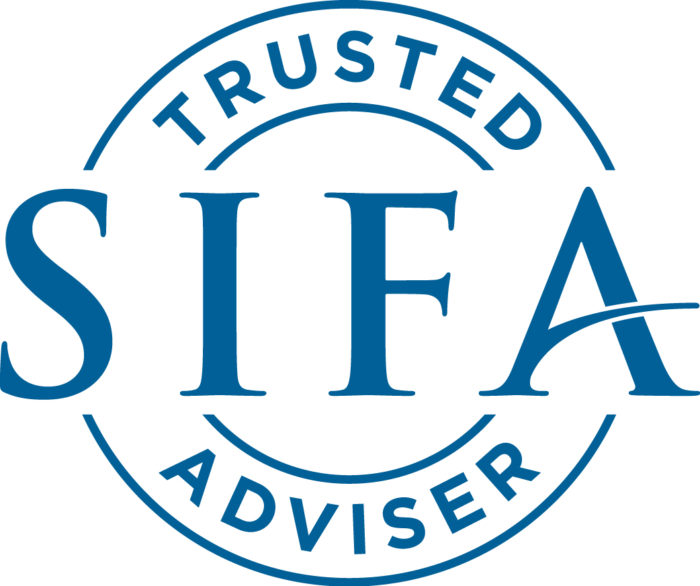BLOG SIFA News – How HMRC catches cheats
October 1, 2017 9:32 amHMRC’s efforts to clamp down on the “hidden economy” focusing on small businesses and particular professions which might benefit from undeclared income.
The Financial Times has reported that the number of UK wealth managers providing offshore investment services to their clients reduced by 20% between 2015 and 2016, although two-thirds of the major managers still offer such services.
It appears that the main reason for the decline is the increased sharing of information between tax authorities internationally. More than 100 jurisdictions now exchange data automatically, with the result that there is virtually nowhere in the world where individuals, trusts and companies can conduct financial activities without the knowledge of their host country.
- The exchange of information between tax authorities referred to above focuses on offshore tax evasion, and a new £25,000 penalty can be imposed even if there is not intent to defraud HMRC.
- Leaks by disaffected employees of international financial institutions have implicated thousands of clients of these institutions.
- Through its “Connect” computer system, HMRC analyses a vast store of data from sources which include banks, credit card companies, the Land Registry, Amazon, Airbnb and PayPal.
- HMRC’s efforts to clamp down on the “hidden economy” has focused on small businesses and particular trades and professions which might benefit from undeclared sources of income such as buy-to-let. The licensing of lettings by some local authorities provides a searchable register of buy-to-let landlords.
- This year, HMRC launched a new hotline to encourage law-abiding taxpayers to report apparent cases of tax fraud and evasion and HMRC has been known to reward informants financially. Disclosures sometimes happen during the course of an acrimonious divorce.
- Social media provides a wealth of personal information, and users lay bare their private lives at their peril. Lavish spending on weddings or home improvements may raise suspicions on the part of HMRC.
- Banks and professional advisers are duty-bound to file “suspicious activity reports” if they have reason to suspect that transactions may be facilitating money laundering or terrorist activities.
- In order to encourage evaders to admit their wrong-doing, HMRC has on occasion offered reduced penalties to those who settle up. At the same time it threatens tougher penalties on those who decline to put their hands up.
